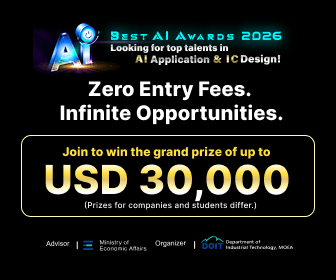Toyota announced an updated business plan for battery EVs after the new leadership took office. According to sources, automotive suppliers will not ignore the opportunities that Toyota can create for them while the carmaker has been falling behind Tesla, BYD or Volkswagen in growing its EV business.
Toyota sold 4.15 million cars in the first half of 2023. BEVs saw 8,000 cars in sales, accounting for 0.19% of the total sales. The company plans to introduce 10 BEV models to the market by 2026 and raise EV sales to 1.5 million.
In contrast, Tesla aims for 1.8 million in sales this year. BYD and Volkswagen also have a more ambitious target for EVs than Toyota.
The combined annual sales of Toyota-affiliated Subaru, Mazda, Suzuki and Daihatsu are about 16 million vehicles, showing how big the group is. Suppliers said Toyota increasing investment in BEVs is essential to the global supply chain.
Toyota will enjoy the second-mover advantage, according to automotive suppliers. The most challenging part of building the EV business is designing, manufacturing and commercializing the cars in the first 10 years. Tesla and many China-based automakers hit roadblocks on their way to launch products.
Now leading or emerging automotive tier-1 suppliers have matured their ability to make EVs. Toyota can take a shortcut and concentrate on innovation, offering a unique experience for drivers and customers.
The company has been working on solid-state batteries that enable fast charging safely. It has also adopted giga-casting like several of its competitors to halve production investment and delivery time.
Supply chain sources also said Toyota's BEV plan can potentially change the automotive ecosystem. Since Toyota and its affiliates form a large group in the industry, global suppliers will not underestimate the business opportunities they will bring when transitioning to EVs. Companies also have viewed supplying Toyota as the ultimate goal.
The automotive industry is gearing up to enable vehicle-to-everything (V2X). Sources said as long as Toyota makes its EVs steadily connected, it will see the best results. The carmaker's ecosystem comprises software and hardware production, logistics and other services. It is probably waiting for the deployment of infrastructure for connected service and safety to scale up.
As automotive electronics develops, Taiwan-based companies are seen as the emerging tier-1 suppliers. Delta Electronics, Quanta, Wistron, Pegatron, Inventec and Foxconn are said to have received the request for quotation (RFQ) from Japan-based carmakers. Industry sources said that Toyota accelerating the transition to EVs and the development of automotive electronics has transformed the Japanese supply chain. Companies have been more active in seeking foreign partners to expand their ecosystems.




